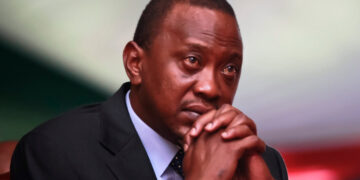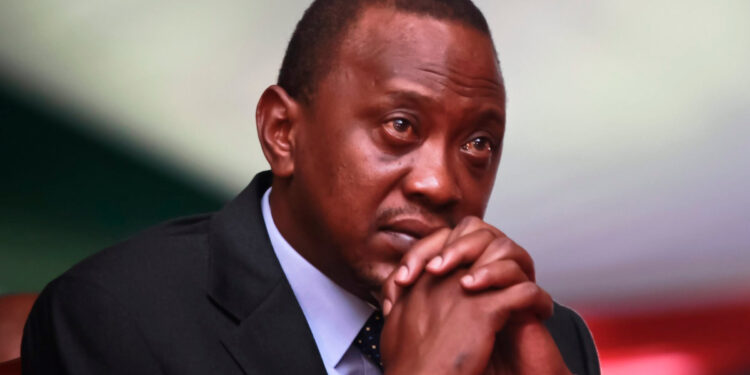By John Ikani
Kenya’s top court on Thursday stopped President Uhuru Kenyatta’s divisive bid to make sweeping constitutional changes which opponents say was an attempt to widen the presidency’s powers and has dominated early campaigning for an election in August.
Kenyatta’s estranged deputy and presidential candidate, William Ruto has charged the changes would have led to an all-powerful presidency, while Kenyatta argued the proposal would promote power sharing among competing ethnic groups.
In a majority judgement, the Supreme Court, whose ruling is final, upheld a finding by the lower courts that Kenyatta initiated the changes through a constitutional provision exclusively reserved for citizens, not executive leaders.
“The president cannot initiate constitutional amendments or changes through popular initiative under article 257 of the constitution,” said six of the seven judges overseeing the case at the Supreme Court.
But it left open the possibility for the reforms — popularly known as the Building Bridges Initiative (BBI) — to be submitted again by parliament or through other means, so long as the president did not have a hand in the changes.
The reforms would have expanded the executive to include a prime minister and deputy prime ministers and increase the number of parliamentary seats in the biggest change to Kenya’s political system since the introduction of a new constitution in 2010.
The president and Ruto have clashed publicly over the proposals. Although Ruto is running for the presidency in the August 9 presidential poll, Kenyatta is backing his former foe, veteran opposition leader Raila Odinga, who favours the amendments.
“They have told us they will bring back the BBI monster because they want to create an imperial presidency,” Ruto told his party’s delegates earlier this month.
The constitutional changes will create an all-powerful presidency by giving him control of the judiciary through a proposed office of a judicial ombudsman, Ruto said.
It will also put the legislature under the president’s thumb through control of the appointment to the new posts to be created, he said.
Ruto’s camp vehemently dismisses Kenyatta’s argument that the constitutional overhaul promoted power sharing.
“I reject the suggestion that a united country is one that has no political competition or opposition,” Ruto said, adding that a democratically elected government, policed by a robust opposition, was the solution.



































